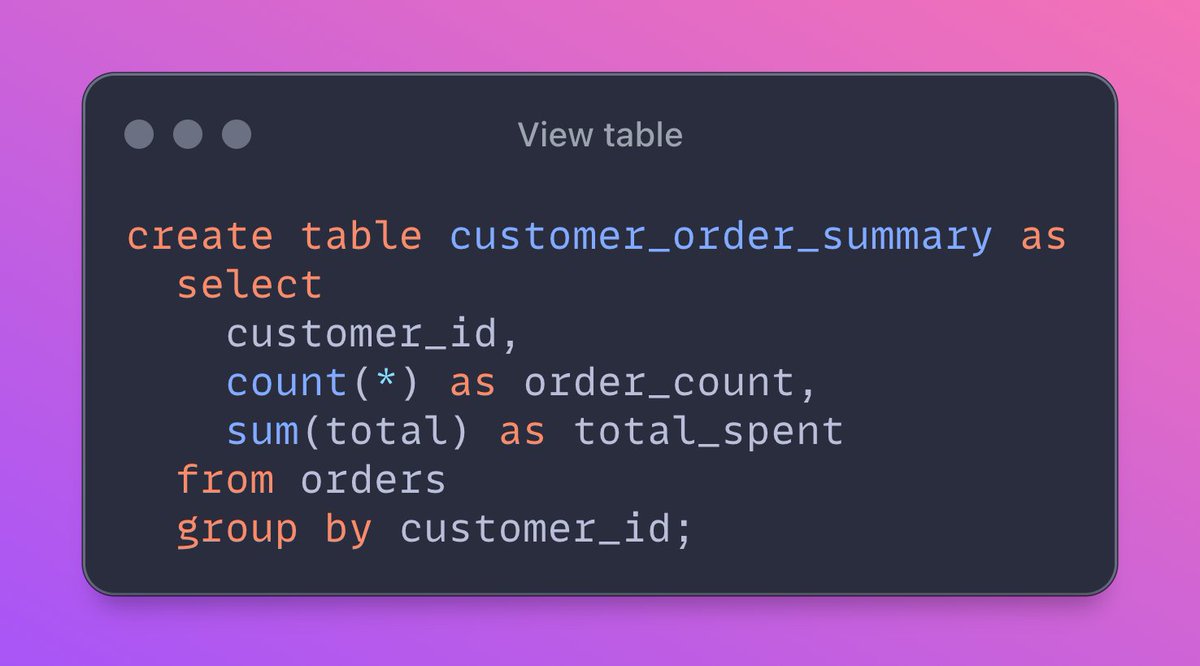1/11 laravel-query-builder by @spatie_be
With this package, you can build Eloquent queries based on the Request. It can handle things like:
- Filtering
- Sorting
- Including relationships
- Sparse fieldsets
With this package, you can build Eloquent queries based on the Request. It can handle things like:
- Filtering
- Sorting
- Including relationships
- Sparse fieldsets

2/11 has-many-deep by @staudenmeir
With this package, you can query deep relationships with a single SQL query.
Consider these relationships:
Country → has many → User → has many → Post → has many → Comment
With this package, you can query deep relationships with a single SQL query.
Consider these relationships:
Country → has many → User → has many → Post → has many → Comment

4/11 Blueprint by @gonedark
With this package, you can define your models in a YAML file and it will generate:
- Migrations
- Models with relationships
- Factories
- CRUD Controllers
- Routes
- Form requests
- Even Jobs, Mails, Events, or basic HTTP tests
With this package, you can define your models in a YAML file and it will generate:
- Migrations
- Models with relationships
- Factories
- CRUD Controllers
- Routes
- Form requests
- Even Jobs, Mails, Events, or basic HTTP tests

5/11 Clockwork by itsgoingd
Debugbar on steroids. You can monitor:
- Requests
- Performance metrics
- Log entries
- DB queries
- Cache queries
- Redis commands
- Events, jobs
- ...and more
Debugbar on steroids. You can monitor:
- Requests
- Performance metrics
- Log entries
- DB queries
- Cache queries
- Redis commands
- Events, jobs
- ...and more

6/11 json-api by @timacdonald87
A package that implements the JSON API standard and makes your life easy.
This is how a JsonApiResource looks like:
A package that implements the JSON API standard and makes your life easy.
This is how a JsonApiResource looks like:

7/11 ziggy @TightenCo
This package makes it possible to use your Laravel named routes from your Javascript. Only applies to full-stack or MVC Laravel apps (no SPA).
Very useful!
This package makes it possible to use your Laravel named routes from your Javascript. Only applies to full-stack or MVC Laravel apps (no SPA).
Very useful!

8/11 laravel-auditing by owen-it
With this package, you can audit every change in your models. You only need to add a single Trait to your models, and you get every change recorded!
With this package, you can audit every change in your models. You only need to add a single Trait to your models, and you get every change recorded!

9/11 laravel-excel by @SpartnerNL
If you work with Excel exports this package is a must-have! This is how a simple user export looks like:
If you work with Excel exports this package is a must-have! This is how a simple user export looks like:

10/11 laravel-ide-helper by @barryvdh
The good old IDE helper! This package makes your IDE understand your models and Laravel classes. It gives you very nice autocompletion.
The good old IDE helper! This package makes your IDE understand your models and Laravel classes. It gives you very nice autocompletion.
11/11 Thank you if you’re still here!
I post about Laravel every freaking day, so follow @mmartin_joo
I post about Laravel every freaking day, so follow @mmartin_joo
• • •
Missing some Tweet in this thread? You can try to
force a refresh


















